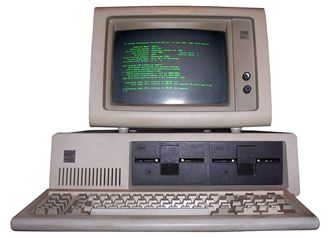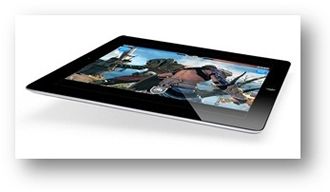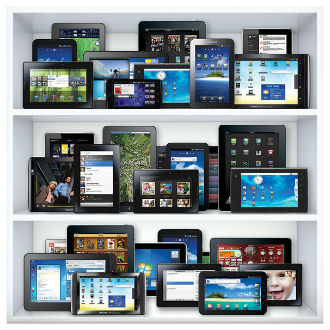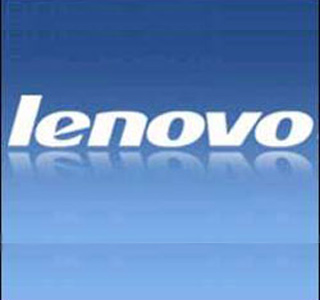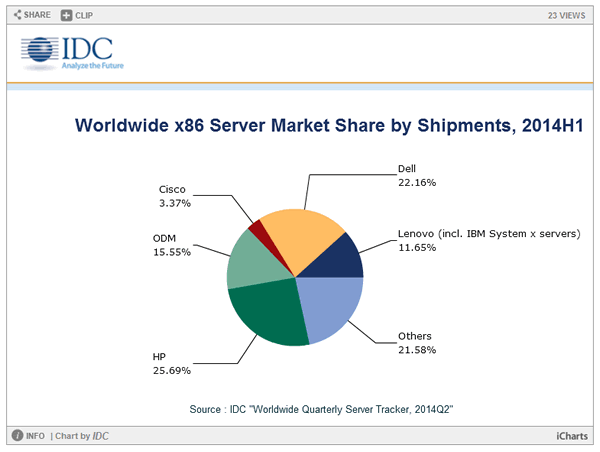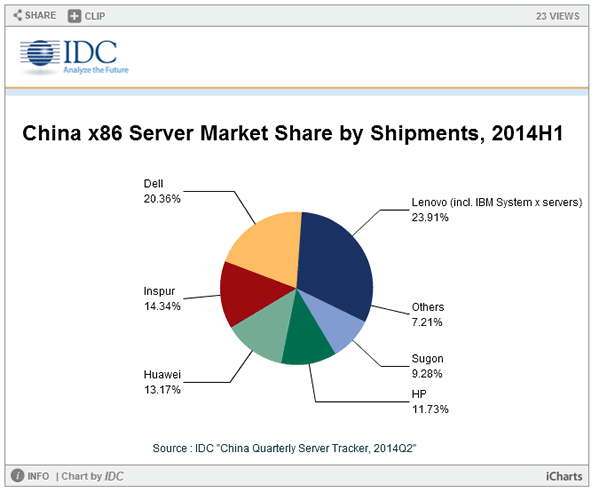 Things continue to look less than rosy on the notebook front with shipments worldwide expected to drop in the fourth quarter of this year.
Things continue to look less than rosy on the notebook front with shipments worldwide expected to drop in the fourth quarter of this year.
That’s according to Digitimes Research, which said the downward movement is in spite of Intel and Microsoft applying subsidies in a big to boost demand.
The report suggests that global notebook shipments will drop 4.4 percent compared to the same quarter last year. The fourth quarter always used to be a buoyant period for the PC industry, but those rules now seem to be things of the past.
Digitimes Research said that Lenovo and Asustek will do better than the rest of the pack and are expected to show growth in the quarter.
Acer will see a hit, it reports while Lenovo appears to be having some success in Europe, shipping 10 million units in the quarter.
It appears that at the consumer end of the market few have been convinced that Windows 8.1 is the bee’s knees.

